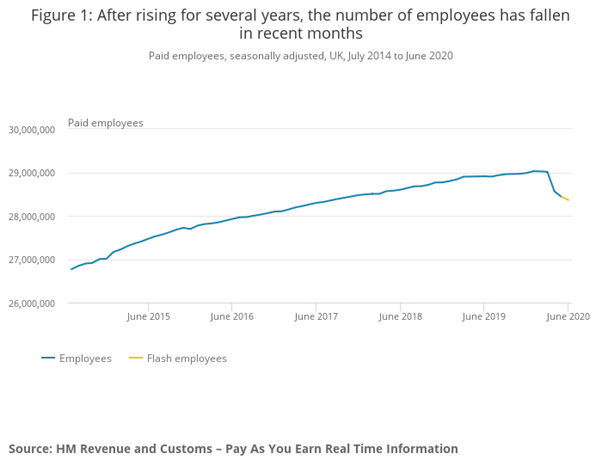
A thread on comparing different economies: similarities and differences. 👇
Last week saw the publication of @ONS data on GDP. As an important indicator of economic performance, GDP growth is often compared between countries. (1/n)
I have seen a few comments about whether the composition of activity in an economy (e.g. services vs manufacturing) has an effect on relative economic performance during the pandemic. That is difficult to answer, and I am not going to try to deal with that, but… (2/n)
…the composition of economics is (to me) interesting and rarely looked at, so here are some statistics from the @OECD. (Note: I have done some basic calculations and changed some of the descriptors in places to make it easier to understand.) (3/n)
Firstly, this chart shows the make up of 12 economies (G7 + some others). This breaks down economic activity into services; manufacturing; construction; energy, mining and oil & gas; and agriculture, forestry & fishing. (4/n) 

While there is clearly some variation, in terms of services it is not that marked with most countries shares of between 70 and 80% of GDP. And the UK does not particularly stand out, with a share close to countries such as the USA, France and the Netherlands. (5/n)
Even countries with large manufacturing sectors (Japan & Germany) or large mining industries (Australia) still have services accounting for around 70% of GDP. (6/n)
Secondly, people often ask how ‘consumer oriented’ different economies are. This is not easy to answer, but one way of looking at this is to break down the service sector into its components. This chart does that. (7/n) 

If we take retail, transport and hospitality as the most ‘consumer oriented’ then this does not suggest the UK is much different to many other countries. Rather the UK has a higher than average share for real estate, prof. & scientific, finance and information. (8/n)
This takes me to my third category, where we do see some big variations, and that is trade. The chart below shows the ratio of total goods and services trade (imports + exports) to GDP – this is a measure of how ‘open’ a country is to trade. (9/n) 

You can see some big variations between countries. The UK sits close to the middle of the pack, with a trade to GDP ratio roughly twice that of the USA and Japan, though well below Germany and the Netherlands. (10/n)
This higher trade to GDP ratio means that the UK is described as a relatively open economy. This is important as the more open an economy is, the more interconnected with other economies it is compared with a relatively closed economy. (11/n)
(As an aside, the UK economy is often described as a ‘small, open economy’. The term ‘small’ here means relative to the rest of the world, as UK GDP is between 2.5 & 3.3% of world GDP depending on exchange rate used.) (12/n)
In sum, the structure of developed economies is often more similar than people think, but there is a much bigger variation is the trade intensity of different economies. (ENDS)
• • •
Missing some Tweet in this thread? You can try to
force a refresh






